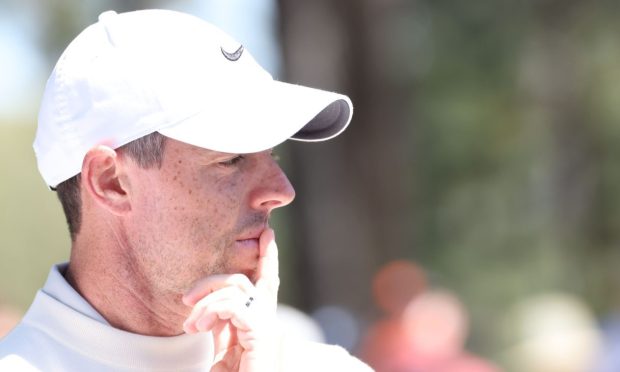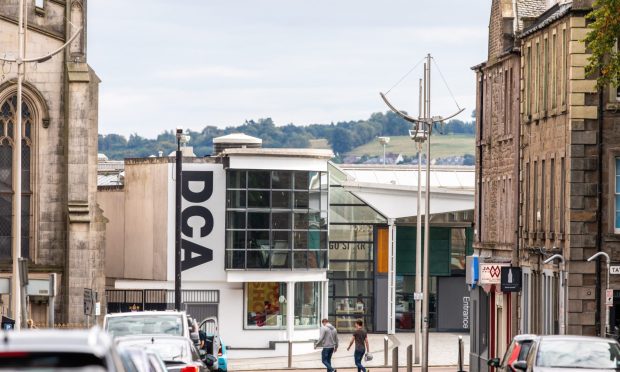The information superhighway, cyberspace, social media. These are just fancy names for things we’ve always done
Or, at best, they are impressive-sounding terms for what are simply different methods of communicating, using slightly different implements.
Let’s have a look at some modern terms and their older equivalents.
We used to have a useful thing that we termed “general knowledge”. Nowadays they call it Wikipedia.
We also had Google, but called it “finding things out for ourselves”.
Then there was “the ability to spell”. This is known as spellcheck in the modern world but isn’t very reliable as it accepts “we wood walk” as a sentence. We also had predictive text, but gave it the more accurate name of “a mistake”.
Instead of Facebook, we talked. This was, believe it or not, a much better system.
All forms of social media are just ways to talk. I used to enjoy talking to people face to face, they seemed less threatening.
Twitter, which we called “shouting cowardly insults from a hidden place”, wasn’t anything like as popular as it is now.
I didn’t have a smart watch to inform my mother where I was via a satellite tracker. Instead, I had a non-panicking family who trusted me to walk the half-mile to school.
This was at times wet, cold, and blowy. But, believe me, better than being dropped off and picked up by car. It allowed us to make things we called “real life friends”, have adventures on the way, and feel like we lived in a free, healthy, wholesome world.
Mobile phones do a lot for people these days, with all those apps they have. We had a mobile device we took everywhere. We called it “a brain”.
We used brains to work things out, apply reason, and compute answers. You could enhance it with “apps” that we called “hard-won experience”.
Brains improved with use, it’s a shame they aren’t used any more.
Upload. This means to move information from one place to another. We used to upload ideas and facts directly into the brain. This was achieved wirelessly. The interface we used was “reading books”. This died out long ago, I doubt youngsters will have even heard of it.
Now, admittedly, my comparisons are given with tongue firmly in cheek. There are many benefits to the digital age. Although I can’t think of one off hand.
It’s probably just the rose-tinted recollections of a stick-in-the-mud. But I do feel that, before the digital era, life was less dangerous and more fun.
Welcome to the future.
Word of the week
Alp (noun)
A high mountain, especially a snow-capped one. EG: “The Alps (with a capital A) mountain range in continental Europe is really just a collection of alps (which have a lower-case a)”.
Read the latest Oh my word! every Saturday in The Courier. Contact me at sfinan@dctmedia.co.uk











Conversation